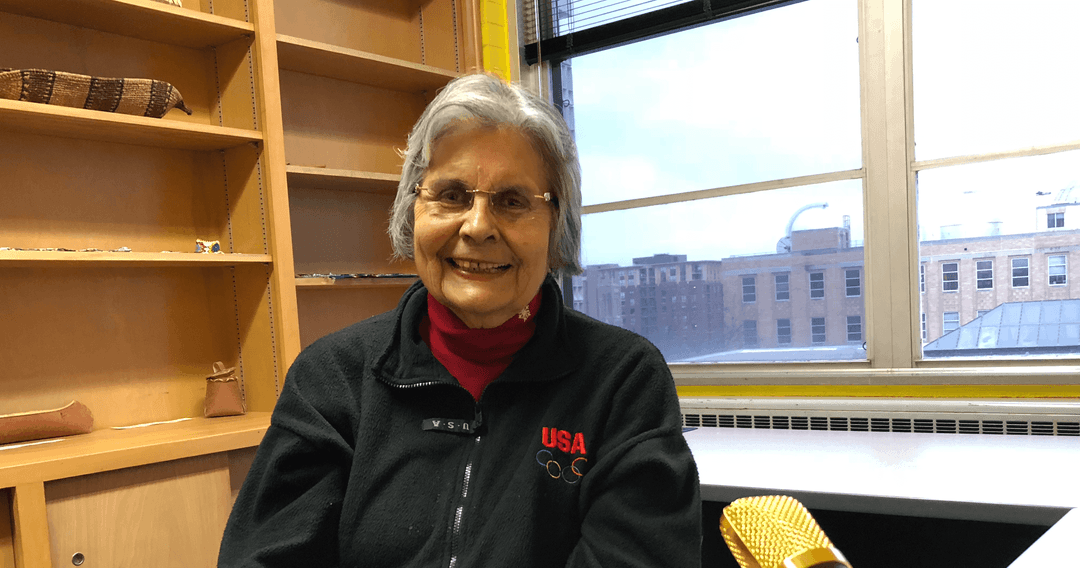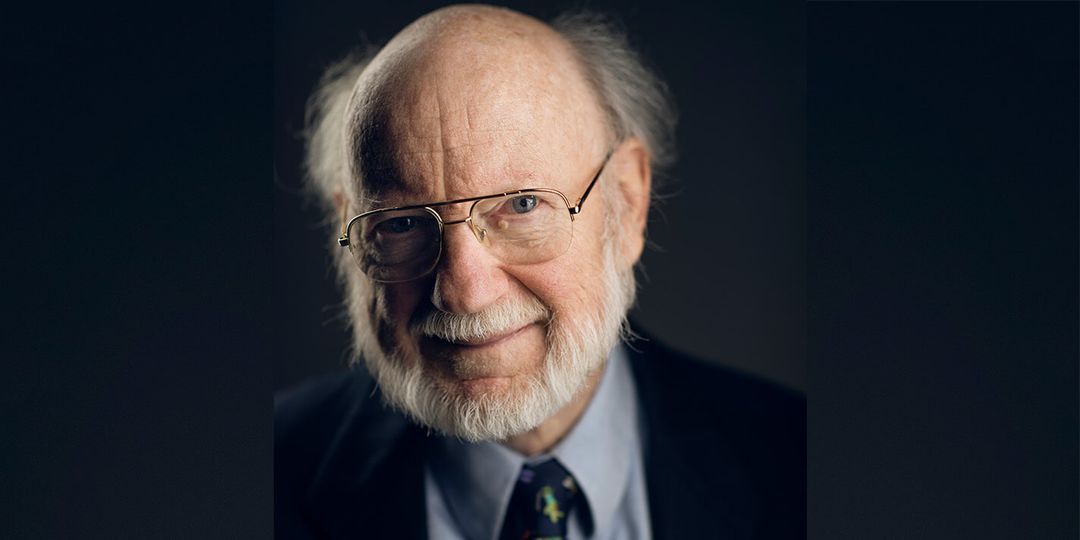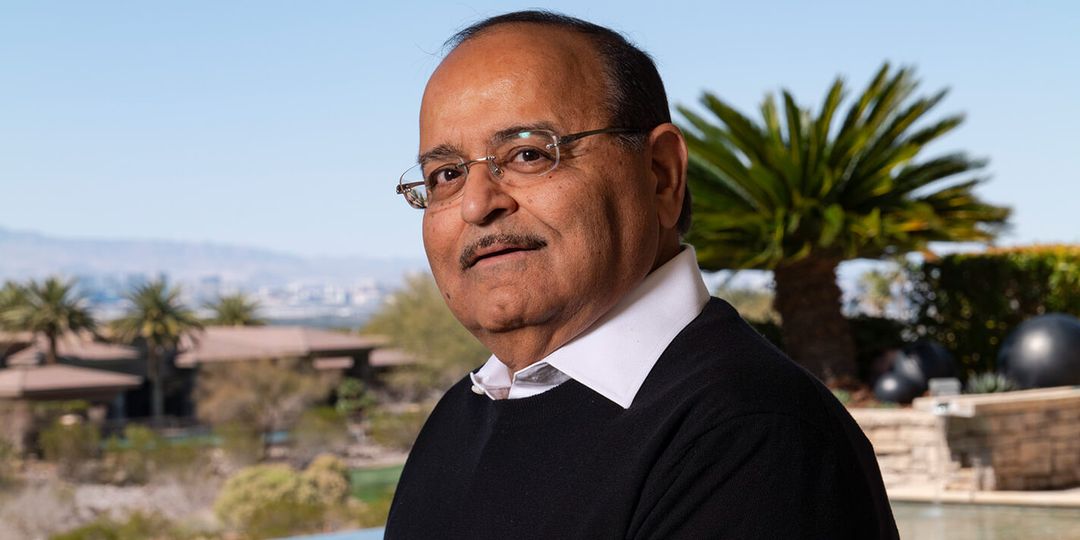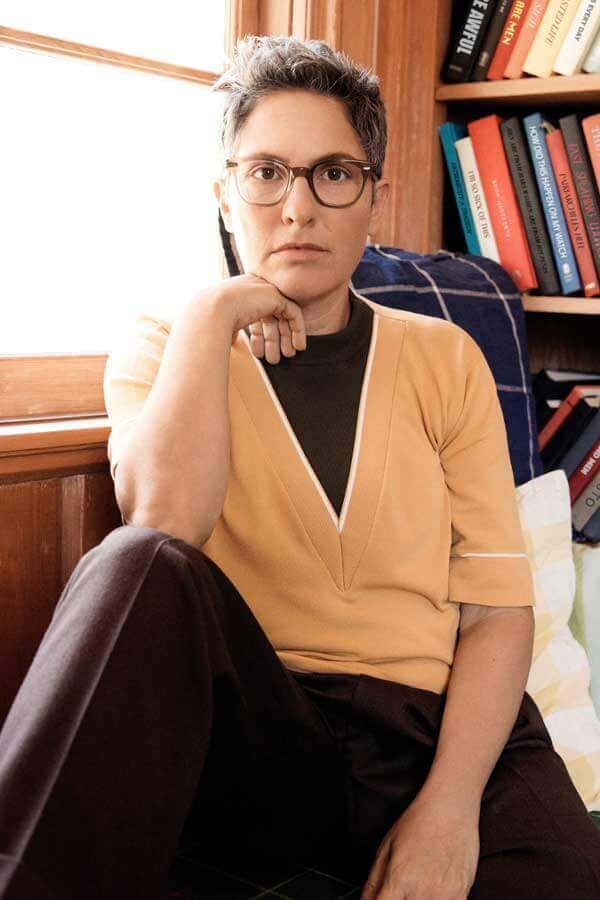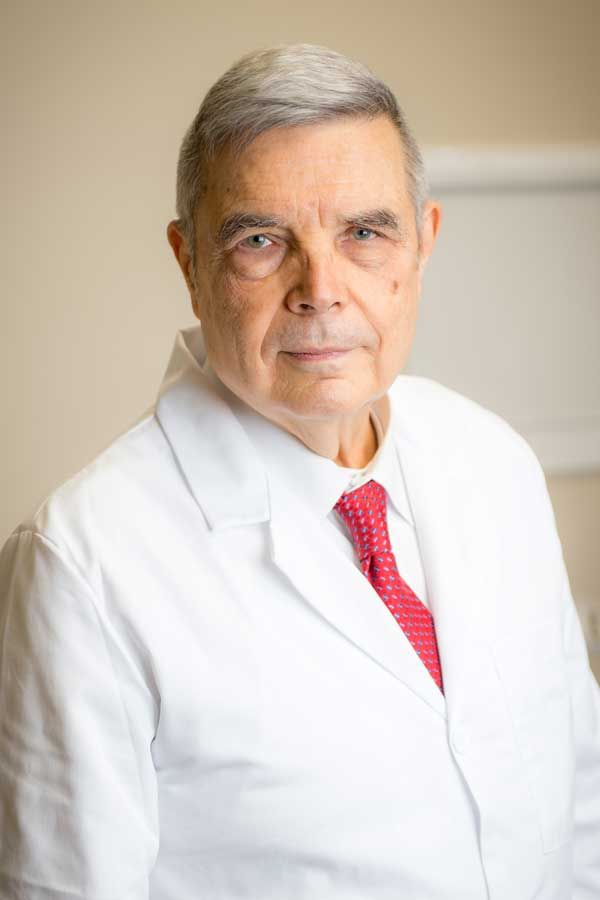2008 Distinguished Alumni Award Honoree
Stephen Turner knew he wanted to be an inventor from a young age. "By the time I reached age four, I had hatched the idea that I was going to be an inventor, but I didn't really know what that meant," he says.
If Turner's desire to invent and be a leader wasn't evident in words, it was more than apparent in his actions. When he was growing up in Madison, his parents Robert and Rosine, both teaching at the University of Wisconsin, recognized his drive to create. He'd often bring to them ideas on how to improve things around the house, and they even bought him a book to start recording all the things he'd like to invent someday. This creative spirit provided the foundation for Turner's DNA sequencing company, Pacific Biosciences, currently at the forefront of the race to make it possible to sequence an entire human genome for less than $1,000.
When Turner reached high school, he began to take an interest in science, splitting his time between classes at Madison West High School and college level courses at the UW. "I always found physics more interesting," he says, "but electrical engineering seemed like what you'd want to do if you were going to be an entrepreneur."
He began his undergraduate career at the UW majoring in electrical engineering. But after a year, he switched to the applied math, engineering and physics program, which he found more oriented toward entrepreneurship. Along the way, he got to know several faculty -- notably Ludwich Bruch, Barney Webb and Franco Cerrina -- who made a tremendous impact on his education and recognized what he was capable of. Cerrina gave Turner his start in nanotechnology, overseeing his undergraduate work on new methods to make computer circuits. Cerrina's guidance ultimately put Turner on the path to graduate school.
"I really had no plans to go to graduate school," says Turner. "It was Franco who persuaded me to go. And for that, I owe him a great debt of gratitude."
Turner's father provided the next spark of inspiration.
"My father," says Turner, "actually was the one who told me, 'you should see what you can do with your nanofabrication experience in biology. I bet there are cool things you can do in biology with very small structures.'"
Heeding his father's advice, Turner chose to attend Cornell University and converged on the idea of working with DNA, even before the advent of nanotechnology in the field of biology. His work in the field of DNA separation technology was featured in Physical Review Letters and landed him on the covers of Analytical Chemistry and Science
Magazines.
As his graduate studies progressed, Turner's research began to shift from DNA separation to DNA sequencing technology. It was also during this time that he met his wife, Andrea, a key moment in his life.
"I stayed at Cornell with Andrea and did my post-doc work," says Turner, "which is important, because had we not met, I would not have stayed at Cornell and not continued my work in DNA sequencing."
In 2000, Turner founded a company that would primarily focus on DNA separation technology. He initially called it Nanofluidics. "I started [Nanofluidics] not completely sure what we were going to do," he says. "It was just a shell -- entirely the wrong way to start a company."
Turner reached a handshake deal with a strategic investor in September 2001 for the startup of Nanofluidics, but the investor backed out as the events of 9/11 sent the economy into a tail spin. Nanofluidics survived on a pair of small grants from the National Institutes of Health for the next year and a half.
In early 2003, Nanofluidics was nearly out of money. At any point, Turner could have left to take a faculty position, but he was unwilling to relinquish his entrepreneurial dream. Turner quit his day job at Cornell in May 2003. He changed his focus to DNA sequencing, and started a new company -- Pacific Biosciences.
"Looking back, I didn't know how much courage it would take [to make Pacific Biosciences work]," says Turner. "I had to act like we were going to be successful, without regard for the risk, so I hired people and was upfront with them. Courage and the ability to make new things requires this leap of faith. You presume irrationally beyond the expectations others have that you're going to be successful, and act accordingly."
Turner hired a staff with the understanding that he only had enough funding to pay them for three months. It proved a risk worth taking, both for Turner and his employees. In late 2003, the U.S. economy began to rebound, and Turner secured funding from a Silicon Valley venture firm for Pacific Biosciences. He made the deal, moved the company to Menlo Park, California, and in 2004, Pacific Biosciences was officially up and running.
Turner currently lives in Menlo Park with his wife, Andrea, and their daughter, Maggie, who Turner says puts all his other accomplishments at a distant second.
For the past four years, Pacific Biosciences has been developing a DNA sequencing machine that will eventually make it possible for an individual to have his or her entire genome unraveled for less than $1,000. Currently, the process costs $200,000 or more. The work of Pacific Biosciences had been largely under the radar until February 2008, when Turner made the first public presentation about the company's technology at the Advances in Genome Biology and Technology conference in Florida. Now, Pacific Biosciences is at the forefront of the race for the $1,000 genome.
"The $1,000 genome is a paraphrase," says Turner, "for a vision that says DNA sequencing, as it become less and less expensive, will generate more and more value for mankind."
The value of Pacific Biosciences' work is in the concept of individualized medicine. Its vision is to enable DNA sequencing projects that are more affordable, larger in scale and higher in quality. The company's long-term vision is to turn sequencing into an important diagnostic business. While the research market in this field is currently worth an estimated $2 billion, Turner estimates that the sequencing diagnostics market could grow to 10 times that.
The company, which has grown to more than 130 employees since its founding, will have an instrument utilizing its new sequencing technology ready to ship to customers in early 2010. Ultimately, Turner believes Pacific Biosciences' work will change medicine and the relationship between mankind and its environment.
"This will transform the way we think about medicine and how it is delivered," says Turner. "Medicine will focus on wellness, keeping people healthy, preventing disease, and personalizing medicine for specific individuals. It'll be like a sixth sense for seeing and understanding ourselves in the environment. Without this individualization, medicine is nearing all it can do for people."
